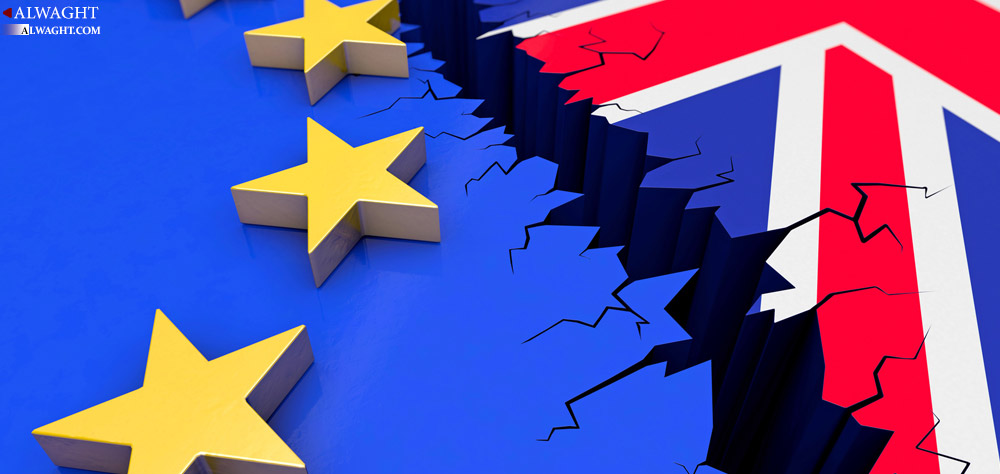Alwaght- Theresa May's decision to trigger the Article 50 of Treaty of Lisbon and so set in motion the Brexit process until March along with her emphasis on a full national control on the economic and immigration rules meant that Britain eyes complete exit from the European Union's Single Market and the Customs Union.
Once London leaders complete the exit measures, they will lose the chance to take part in hundreds of summits held every year by the European bloc to work out coordinated reactions to the global issues, which means Britain no longer holds its former role in the Union.
Even when the Brexit process is accomplished, however, London and the EU remain holding common interests in a wide range, though in some areas they may find themselves as rivals to each other. Actually after Brexit, development of special relations between Britain and the EU on the foreign and security policy is not unlikely.
London leaders may decide to seize the opportunity of freedom from limitations of being in the bloc to protect their country against the problems hitting the EU. For instance, they can strengthen their independent border watch, and so exploit Europe as an appropriate hurdle between them and the immigrants coming from the Eastern and Western Europe. Moreover, Britain will have to pay less in aids to the poor members of the Union through its share in the collective EU budget.
But the experts suggest that after withdrawal from the 28-nation alliance, the damages to Britain’s role as diplomatic bridge between the EU and the US in comparison to its role as a Washington’s valuable international partner will see a rise. In fact, Britain's possible political isolation in Europe might push London to decide that it is unavoidable for it to side with Washington in the future wars.
But at the same time, the influence of London in the European security remains considerable as it stands as the most powerful European member of the NATO, though when losing EU membership; it will also lose membership in the Common Defense and Security Policy (CDSP). Furthermore, the debate is heating up that Britain possibly will be stripped of its position as NATO command center, held since 1951, and the duty will be given to a country with membership of the EU.
On the other side, during the past two weeks, the British foreign policy’s focus has been directed to the global hot spots and significant countries out of the EU vicinity, majorly in South Asia (Afghanistan and Pakistan), Levant and the Persian Gulf (Iraq, Lebanon, and Jordan), East Africa (Kenya, Somalia, and Sudan, and Southeast Asia (Australia, Singapore, Malaysia, and Japan). This is because London will be freed from EU's collective commitment after Brexit. Such freedom is significant as London seeks building its “global Britain's” broad foreign policy without taking into account the European concerns and visions.
But experts argue that the present time does not look suitable for London to seek a different view from the EU, as it still struggles to get rid of effects of the 2008 economic crisis. Additionally, the Russian flexing of muscles as well as the crisis hitting the Arab world mean that Britain never stood this tightly face to face with the security challenges since the Cold War era. Actually, things lie with the Russian steps. If Moscow decides to intensify pressure for influence in West European countries, Britain and Europe will feel the need to tighten security collaboration, which in turn will press the EU to ease the economic Brexit punishment.
In general, the size of impact of Brexit on the British foreign policy remains largely unclear. A series of upcoming global developments, including Donald Trump’s foreign policy approaches as well as form of Russian ties to Europe in relation to such cases as Ukraine, will shape the Britain-EU relations and London's foreign policy.



























